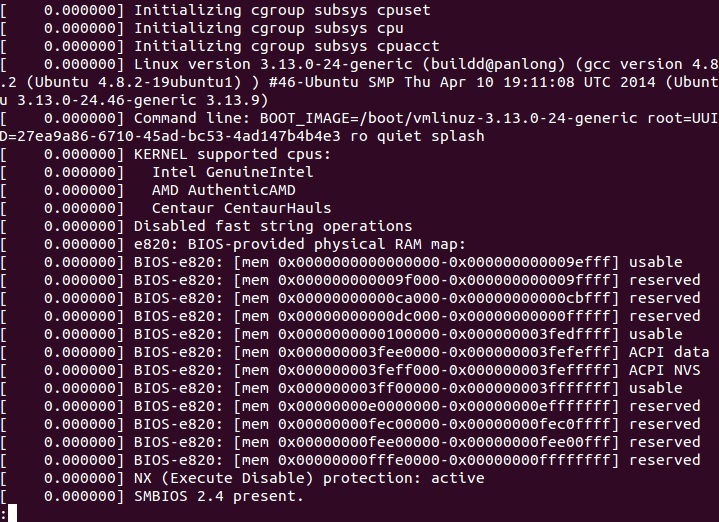

Libhcrypto4-heimdal:i386 libheimbase1-heimdal:i386 libheimntlm0-heimdal:i386 Libgnome2-gconf-perl libgnutls26:i386 libgpg-error0:i386 libgphoto2-6:i386 Libgl1-mesa-dri-lts-wily:i386 libgl1-mesa-glx-lts-wily:i386 Libffi6:i386 libflac8:i386 libfontconfig1:i386 libfreetype6:i386

Libdrm-amdgpu1:i386 libdrm-intel1:i386 libdrm-nouveau2:i386 Libcups2:i386 libdata-random-perl libdate-calc-perl libdate-calc-xs-perl Libcapi20-3:i386 libcarp-clan-perl libclass-method-modifiers-perl Libavahi-common-data:i386 libavahi-common3:i386 libbit-vector-perl Libasound2-plugins:i386 libasyncns0:i386 libavahi-client3:i386 The following packages were automatically installed and are no longer required: The sample output should be like this – Reading package lists.
PWGEN LINUX SYNTAX INSTALL
To install PWGen, use the following command – $ sudo apt-get install pwgen
PWGEN LINUX SYNTAX PASSWORD
PwGen is a random unique password generator. This article describes “How to Generate/Encrypt/Decrypt Random Passwords in Linux”. Still, If users want to encrypt or decrypt passwords, then Linux provides you lot of options. We all know the basics of choosing a password that is easy to memorize and hard to guess. We use passwords for computers, emails, cloud, phone, documents and what not.

Cyber security, also referred to as information technology security, focuses on protecting computers, networks, programs and data from unintended or unauthorized access, change or destruction. Security is one of the major concern in the cyber world.


 0 kommentar(er)
0 kommentar(er)
